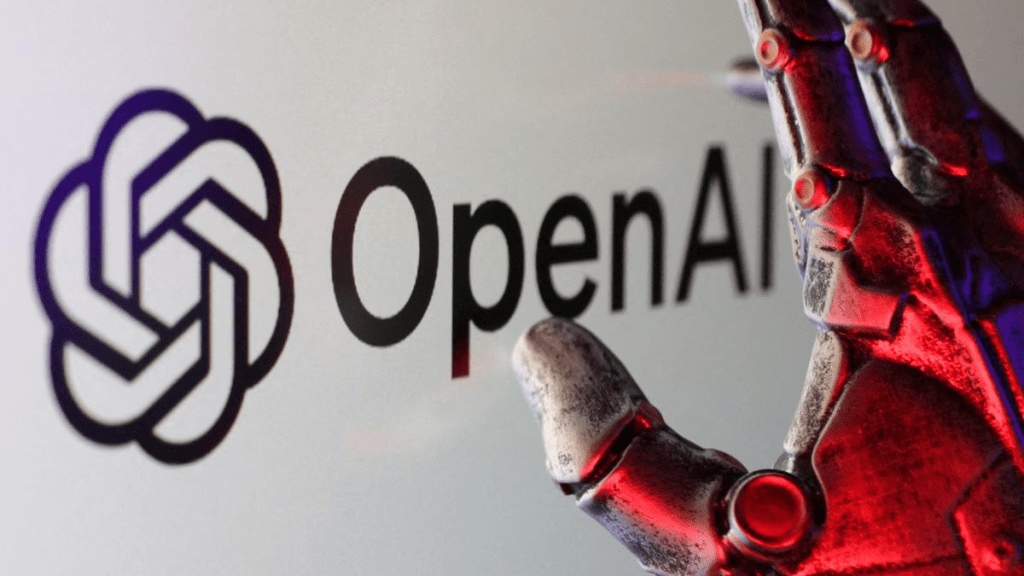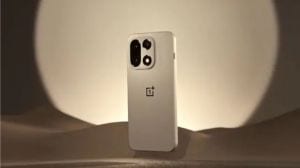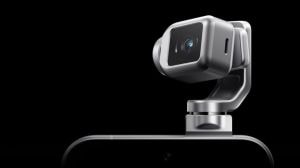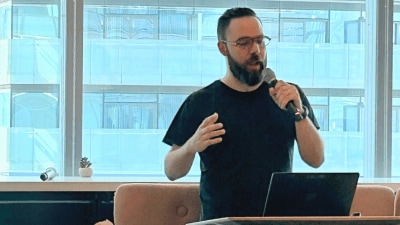The US Antitrust Case against Google took a landmark turn, saving Google from losing out on Chrome and Android – two of Google’s biggest products that help it further its services to millions of consumers across the world. Although the outcome requires Google to share search data for encouraging competition – something which Google wants to appeal – preventing the loss of Chrome and Android is big for Google, and it should thank Sam Altman’s OpenAI.
In the landmark decision against Google, US District Judge Amit Mehta disclosed that a decision as harsh as forcing Google to sell Chrome and Android was not necessary, thanks to the rise of generative AI – a technology that’s redefining how the world looks up information on the internet. Popular AI chatbots like OpenAI’s ChatGPT and Perplexity AI have opened up new ways to look for information, thus reshaping the search business.
OpenAI reshaped the web search business
In the antitrust decision, Judge Mehta clarified that the emergence of these new AI chatbots and search engines has challenged the web search business, thus rendering a decision as harsh as forcing Google to restructure its operations moot. More people are now opting for alternative search options that offer more than just blue links on a webpage.
The Judge also clarified that AI chatbots are still far from displacing Google as the top search engine yet. However, these AI startups could end up being gamechangers, thus making Google one of the many competitors in the tech industry. These AI companies are in “better position to compete with Google than any traditional search company has been in decades,” wrote Mehta.
People now Googling less, ‘AI-ing’ more
The major improvements in AI models have led people to rely more on these AI chatbots not just for their knowledge-seeking needs, but also for other personal matters like seeking companionship and work help. Judge Mehta wrote that millions of people are using ChatGPT, Perplexity and Anthropic to gather information, which is a big change from the previous old school way of simply doing a Google Search.
AI companies also have the data to back this claim. A month ago, OpenAI’s ChatGPT made claims of achieving 700 million weekly active users, which was a notable step up from the 500 million mark declared in March. Unsurprisingly, Google’s own Gemini chatbot has been reported to have 450 million monthly active users, thereby putting Google in a not-so-dominating position in the AI space.
Hence, Judge Mehta wrote that the emergence of AI chatbots has completely changed the course of Google’s antitrust case. Google acknowledged the same in a statement following the judgement, stating that AI has given people more ways to find information, thereby changing the search industry as people know it.
OpenAI wanted to buy Chrome, work with Google
Prior to the US antitrust case, OpenAI has clarified its intentions of acquiring Google Chrome if the court had forced Google to sell off that business. OpenAI has also revealed that it reached out to Google for integrating its search API into ChatGPT for improving the quality, something which Google had denied.









